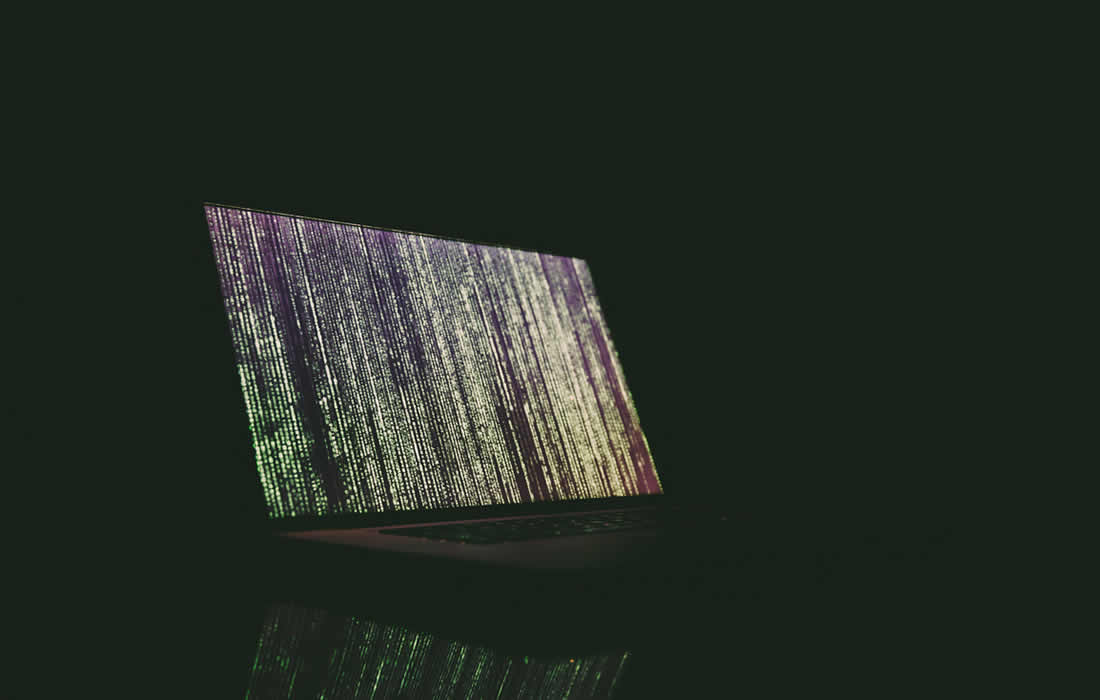Autoimmune diseases such as rheumatoid arthritis are caused when the immune system mistakenly attacks a person’s own tissues or organs. These illnesses affect an estimated 10 million people in the U.S. alone. Treatments are available and can be effective for many patients, but they tend to suppress the immune system indiscriminately, creating an enhanced susceptibility […]
Author Archives: Rocio Gallegos, MD
Researchers from the University of Jyväskylä and the Central Finland Health Care District have developed an AI based neural network to detect an early knee osteoarthritis from x-ray images. AI was able to match a doctors’ diagnosis in 87% of cases. Osteoarthritis is the most common joint-related ailment globally. The new AI based method was […]
Elevated levels of air pollutants are associated with bone damage among postmenopausal women, according to new research. The effects were most evident on the lumbar spine, with nitrous oxides twice as damaging to the area than seen with normal aging. Previous studies on individual pollutants have suggested adverse effects on bone mineral density, osteoporosis risk, […]
Exposure to phthalates, a group of plasticizing and solvent chemicals found in many household products, was linked to a lower probability of getting pregnant, but not to pregnancy loss, according to research. Phthalates are found in such common products as shampoo, makeup, vinyl flooring, toys and medical devices. People are exposed primarily by ingesting food […]
A new study has tabulated the toll from two decades of wildfires on air quality and human health in the continental U.S. The authors report that from 2000 to 2020, the air has worsened in the western U.S., mainly due to the increase in frequency and ferocity of wildfires causing an increase of 670 premature […]
mRNA — or ‘messenger ribonucleic acid’ — is the genetic material that tells cells in the body how to make a specific protein. Researchers from the Medical Research Council (MRC) Toxicology Unit have discovered that the cellular machinery that ‘reads’ mRNAs ‘slips’ when confronted with repeats of a chemical modification commonly found in mRNA therapeutics. […]
In the future, a little saliva may be enough to detect an incipient cancer. Researchers at the University of Gothenburg have developed an effective way to interpret the changes in sugar molecules that occur in cancer cells. Glycans are a type of sugar molecule structure that is linked to the proteins in our cells. The […]
A new study by researchers at Lund University provides increased support for the idea that epigenetic changes can cause type 2 diabetes. Epigenetic changes that arise due to environmental and lifestyle factors can affect the function of genes. “Our new extensive study confirms our previous findings from smaller studies, showing that epigenetic changes can contribute […]
Pain is an underdiagnosed and undertreated problem in people with dementia, especially if they are in an advanced stage of the disease that prevents them from being able to communicate effectively. A team from the UCO’s Nursing Department has determined the presence of two pain biomarkers and their levels in saliva as a tool to […]
A world without cardiovascular disease (CVD) is possible, yet millions of lives are lost prematurely to heart disease each year, according to the new Global Burden of Disease (GBD) special report. “There are many inexpensive, effective treatments. We know what risk factors we need to identify and treat. There are simple healthy choices that people […]










